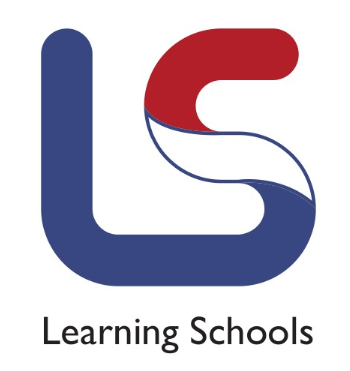The school organization is a vital system of relationships, in this context the teacher–student relationship plays a significant role in student performance in secondary school, but also in the professional well-being of teachers. A very relevant literature demonstrates how supportive group activities can enhance student motivation, engagement, prosocial behavior, and academic achievement (Roeser & Eccles, 1998; Roeser, Eccles, & Sameroff, 1998; Wentzel, 1997, 1998), whereas a not positive supportive systems can contribute to reduce student interest in learning (Midgley, Feldlaufer, & Eccles, 1989). Innovations in methodology and pedagogic approaches can receive contribution by a well-developed system of relationships and the activation of a regular and transparent approach to the mentoring plays a very relevant role. There are different approaches addressed to enhance the internal relationships in schools, implemented trough advisory programs or regular group meetings in which teachers meets periodically with: a small group of students for involving them in the development and design to the educational innovation in the teaching methods, using the opportunity to create a mentoring approach with the students; teachers and school staff for promoting the cooperation; with a mixed components (students and teachers) for enhancing the spirit of the school community. In these programs, the exchange of experiences becomes a permanent part of a student’s and teachers’ school experience when the meetings take place regularly and not occasionally and are regularly programmed. Different authors (Gallassi et al, 1997) differentiate among a number of different types of internal fusion programs, however, they claim how is very crucial for the effectiveness of the action that the agenda includes personal and not just academic issues. Personal is referred to the single school experience of teachers and students and it is not to be intended as a theoretical discussion. This approach would enable the school community to become better acquainted with one another over time.
Mentoring
The students-teachers relationships are crucial, as already mentioned, for the reciprocal well-being and for assuring a better academic achievement of students and avoiding a teachers burnout. Nevertheless, the main goal of an advocacy-based mentoring program is to promote close, trusting relationships between teachers and students, emphasizing their ability to encourage relationships that are not only close, but long in duration (Gallassi et al., 1997). In addition to close relationships, these programs can promote more positive behavioral, social, and academic outcomes for students (Gallassi et al., 1997).
Recently a new approach to mentoring has appeared: the theoretical research have put in evidence the link between mentoring and Attachment theory (Rhodes et al., 2000; Rhodes, Spencer, Keller, Liang, & Noam, 2006). According to this theory a child’s early experiences with a caregiver influence beliefs and expectations about the availability and responsiveness of significant others (Bowlby, 1969, 1982). In young adults or adolescents, these experiences guide the development of an internal representation of self and other (i.e., a ‘‘working model’’), which serves as the prototype for other close relationships (Ainsworth, 1989; Bretherton, 2005). Secure attachments ordinarily occur when children have experienced relationships with caregivers that are warm and responsive, whereas insecure attachments are commonly associated with experiences in which the caregiver is rejecting, neglecting, or inconsistent.
The Attachment theory has also an implication in the knowledge gathering efforts in organizing a school positive system. When the attachment is developed the attitude to exchange experiences in school between teachers-teachers and student-teachers, and also students-students is encouraged and better developed. This is an application of the Educating community approach.
Fusion and group training
It is a widely accepted principle that learners construct their own knowledge and learning is an inherently social phenomenon. This is not valid just of the students learning but also for the use of group learning for the teachers training. This approach provides opportunities to articulate ideas and understandings, uncover assumptions and misconceptions, and negotiate with others to create new learning approaches or better for making the innovations in pedagogy accessible to all the school staff. The teachers involved in group training activities will be able to discover deeper meaning in the content and improve their teaching skills.
According to the experience, the most effective use of group training is addressed to engage the teachers in practical activities, paying attention in creating mind-provocative contents. In this way the promotion of collaborative learning and cooperative learning (often used interchangeably, but with a certain distinction to consider) must highlight the contributions of individual group members, proposing ideas without a clear right and wrong answer. Group training and the related group processing remain in the hands of the participants (Panitz, 1997). The main goal of the group training activity is to create ground of the ownership of the teaching method and create an environment for a positive and free exchange of knowledge.
Following we present some examples:
 Learning Schools
Learning Schools